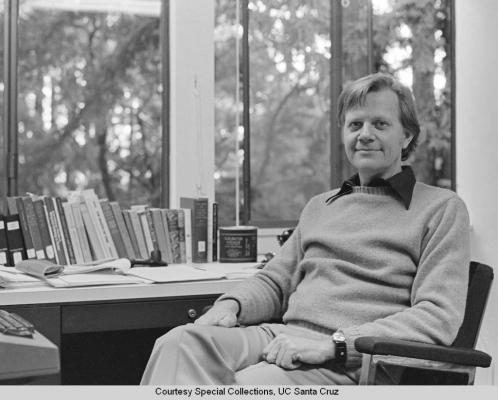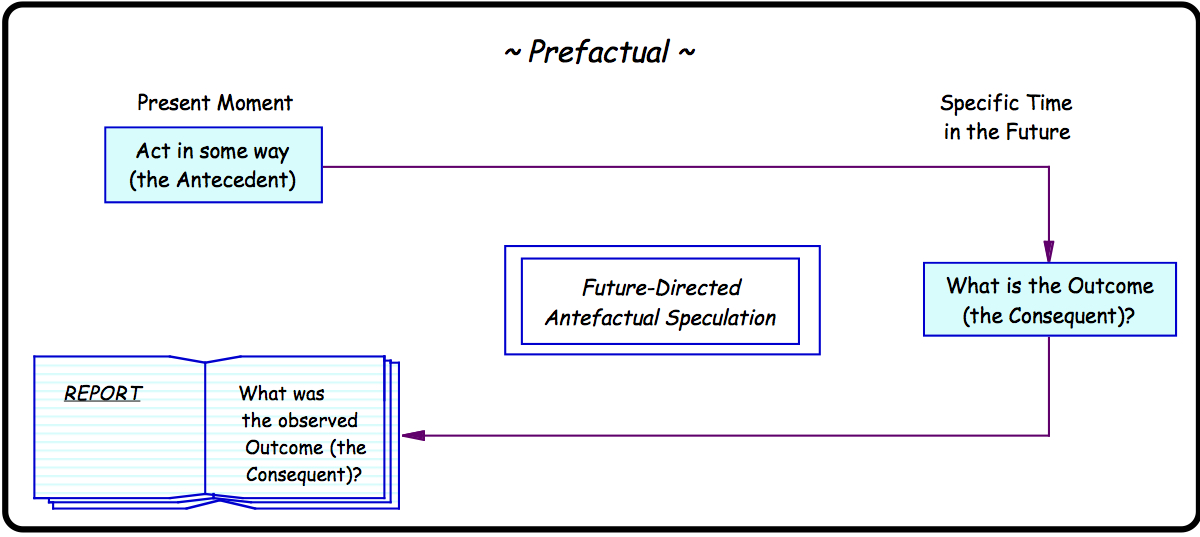|
Historiophoty
"Historiography and Historiophoty" is the name of an essay by historian and literary critic Hayden White first published in 1988 in ''The American Historical Review''. In the essay, White coins the term "historiophoty" to describe the "representation of history and our thought about it in visual images and filmic discourse". White says historiophoty "...is in contrast to Historiography which is the representation of history in verbal images and written discourse,". White originally coined the term as a rhetorical device in response to an essay by Robert A. Rosenstone in the same issue of ''AHR'' entitled "History in images/History in words: Reflections on the possibility of really putting history onto film". For the sake of exploring Rosenstone's premise (that history can be portrayed on film), he created the term historiophoty as a description of the study of history through film. White was not necessarily claiming that historiophoty exists, or that it ought to; his essay was a tho ... [...More Info...] [...Related Items...] OR: [Wikipedia] [Google] [Baidu] |
Hayden White
Hayden V. White (July 12, 1928 – March 5, 2018) was an American historian in the tradition of literary criticism, perhaps most famous for his work '' Metahistory: The Historical Imagination in Nineteenth-Century Europe'' (1973/2014). Career White received his Bachelor of Arts degree from Wayne State University (1951) and his Master of Arts (1952) and Doctor of Philosophy (1955) degrees from the University of Michigan. While an undergraduate at Wayne State, White studied history under William J. Bossenbrook alongside then-classmate Arthur Danto. In 1998, White directed a seminar ("The Theory of the Text") at the School of Criticism and Theory. He was elected to the American Academy of Arts and Sciences in 1991. In 2000, he was elected to the American Philosophical Society. Among White's influences, there were two major figures who taught him "how the historian interprets something." The first was William J. Bossenbrook, who taught White as an undergraduate at Wayne State Uni ... [...More Info...] [...Related Items...] OR: [Wikipedia] [Google] [Baidu] |
The American Historical Review
''The American Historical Review'' is a quarterly academic history journal and the official publication of the American Historical Association. It targets readers interested in all periods and facets of history and has often been described as the premier journal of American history in the world. According to ''Journal Citation Reports'', the ''AHR'' has the highest impact factor among all history journals at 2.188. History Founded in 1895, ''The American Historical Review'' was a joint effort between the history departments at Cornell University and at Harvard University, modeled on ''The English Historical Review'' and the French ''Revue historique'', "for the promotion of historical studies, the collection and preservation of historical documents and artifacts, and the dissemination of historical research." The journal is published in March, June, September, and December as a book-like academic publication with research papers and book reviews, among other items (each issue ... [...More Info...] [...Related Items...] OR: [Wikipedia] [Google] [Baidu] |
Historiography
Historiography is the study of the methods of historians in developing history as an academic discipline, and by extension is any body of historical work on a particular subject. The historiography of a specific topic covers how historians have studied that topic using particular sources, techniques, and theoretical approaches. Scholars discuss historiography by topic—such as the historiography of the United Kingdom, that of WWII, the British Empire, early Islam, and China—and different approaches and genres, such as political history and social history. Beginning in the nineteenth century, with the development of academic history, there developed a body of historiographic literature. The extent to which historians are influenced by their own groups and loyalties—such as to their nation state—remains a debated question. In the ancient world, chronological annals were produced in civilizations such as ancient Egypt and Mesopotamia. However, the discipline of his ... [...More Info...] [...Related Items...] OR: [Wikipedia] [Google] [Baidu] |
Robert A
The name Robert is an ancient Germanic given name, from Proto-Germanic "fame" and "bright" (''Hrōþiberhtaz''). Compare Old Dutch ''Robrecht'' and Old High German ''Hrodebert'' (a compound of '' Hruod'' ( non, Hróðr) "fame, glory, honour, praise, renown" and ''berht'' "bright, light, shining"). It is the second most frequently used given name of ancient Germanic origin. It is also in use as a surname. Another commonly used form of the name is Rupert. After becoming widely used in Continental Europe it entered England in its Old French form ''Robert'', where an Old English cognate form (''Hrēodbēorht'', ''Hrodberht'', ''Hrēodbēorð'', ''Hrœdbœrð'', ''Hrœdberð'', ''Hrōðberχtŕ'') had existed before the Norman Conquest. The feminine version is Roberta. The Italian, Portuguese, and Spanish form is Roberto. Robert is also a common name in many Germanic languages, including English, German, Dutch, Norwegian, Swedish, Scots, Danish, and Icelandic. It can be use ... [...More Info...] [...Related Items...] OR: [Wikipedia] [Google] [Baidu] |
Thought Experiment
A thought experiment is a hypothetical situation in which a hypothesis, theory, or principle is laid out for the purpose of thinking through its consequences. History The ancient Greek ''deiknymi'' (), or thought experiment, "was the most ancient pattern of mathematical proof", and existed before Euclidean mathematics, where the emphasis was on the conceptual, rather than on the experimental part of a thought-experiment. Johann Witt-Hansen established that Hans Christian Ørsted was the first to use the German term ' (lit. thought experiment) circa 1812. Ørsted was also the first to use the equivalent term ' in 1820. By 1883 Ernst Mach used the term ' in a different way, to denote exclusively the conduct of a experiment that would be subsequently performed as a by his students. Physical and mental experimentation could then be contrasted: Mach asked his students to provide him with explanations whenever the results from their subsequent, real, physical experiment differed ... [...More Info...] [...Related Items...] OR: [Wikipedia] [Google] [Baidu] |
JSTOR
JSTOR (; short for ''Journal Storage'') is a digital library founded in 1995 in New York City. Originally containing digitized back issues of academic journals, it now encompasses books and other primary sources as well as current issues of journals in the humanities and social sciences. It provides full-text searches of almost 2,000 journals. , more than 8,000 institutions in more than 160 countries had access to JSTOR. Most access is by subscription but some of the site is public domain, and open access content is available free of charge. JSTOR's revenue was $86 million in 2015. History William G. Bowen, president of Princeton University from 1972 to 1988, founded JSTOR in 1994. JSTOR was originally conceived as a solution to one of the problems faced by libraries, especially research and university libraries, due to the increasing number of academic journals in existence. Most libraries found it prohibitively expensive in terms of cost and space to maintain a comprehen ... [...More Info...] [...Related Items...] OR: [Wikipedia] [Google] [Baidu] |
Thought Experiments
A thought experiment is a hypothetical situation in which a hypothesis, theory, or principle is laid out for the purpose of thinking through its consequences. History The ancient Greek ''deiknymi'' (), or thought experiment, "was the most ancient pattern of mathematical proof", and existed before Euclidean mathematics, where the emphasis was on the conceptual, rather than on the experimental part of a thought-experiment. Johann Witt-Hansen established that Hans Christian Ørsted was the first to use the German term ' (lit. thought experiment) circa 1812. Ørsted was also the first to use the equivalent term ' in 1820. By 1883 Ernst Mach used the term ' in a different way, to denote exclusively the conduct of a experiment that would be subsequently performed as a by his students. Physical and mental experimentation could then be contrasted: Mach asked his students to provide him with explanations whenever the results from their subsequent, real, physical experiment differed ... [...More Info...] [...Related Items...] OR: [Wikipedia] [Google] [Baidu] |


